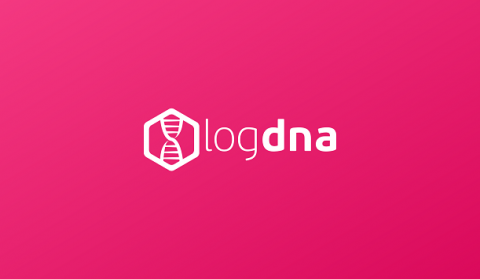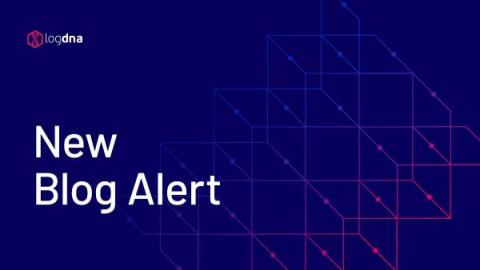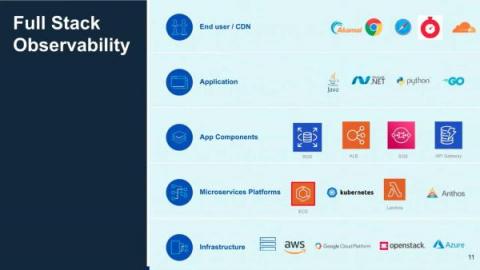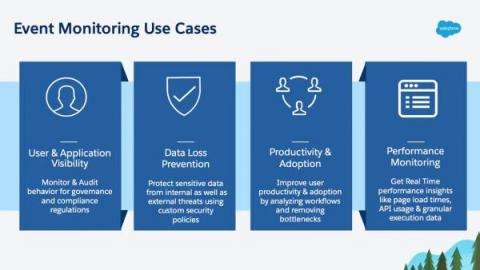Are You Ready to (Executive) Order?
We’ve all been there. That harrowing moment at the restaurant when the waiter comes to the table and asks that fateful question: “Are you ready to order?” I don’t know about you, but I am almost never ready. Do I want chicken or steak? I’ve eaten a lot of meat this week… Should I opt for fish or a vegetarian option instead? Oh, God. I forgot to check the reviews online. What do other people like the best? Cue heart palpitations.











